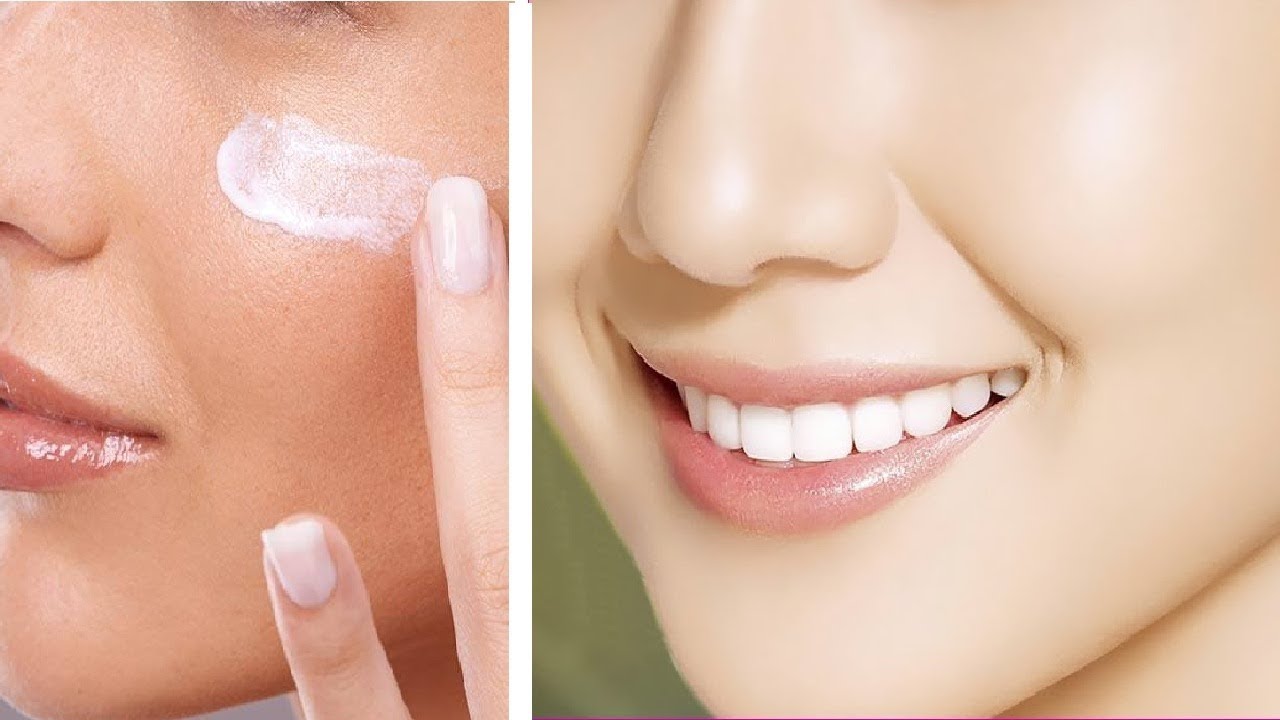Laser hair removal has emerged as a popular choice for individuals seeking long-term solutions to unwanted hair. While many people of various ages are interested in the procedure, questions often arise regarding age restrictions and whether it is safe for younger or older individuals. In this blog, we’ll explore the age considerations for laser hair removal, factors to consider, and the importance of consulting with a qualified professional.
Age Considerations for Laser Hair Removal:
- Adolescents and Young Adults:
Laser hair removal is generally safe for adolescents and young adults. However, there are important considerations:
- Skin and Hair Development: Young individuals are often still experiencing changes in hair growth patterns due to hormonal fluctuations. This can affect the effectiveness of the treatment, as laser hair removal works best on hair in the active growth phase (anagen phase). It may be more challenging to determine the optimal timing for treatment in younger patients.
- Parental Consent: Most clinics require parental consent for minors seeking laser hair removal. This is to ensure that parents are informed about the procedure, potential risks, and expected outcomes. A thorough consultation should be conducted to address any questions or concerns from both the young patient and their parents.
- Education and Maturity: It is crucial that younger patients understand the process, aftercare, and commitment required for successful treatment. Practitioners will assess the patient’s maturity level to ensure they can adhere to the necessary pre- and post-treatment care.
- Adults:
For adults, there are typically no strict age restrictions regarding laser hair removal. However, some factors should be considered:
- Skin Type and Health: The safety and effectiveness of laser hair removal can be influenced by an individual’s skin type, hair color, and overall health. Practitioners will evaluate these factors during the consultation to determine the most suitable treatment plan.
- Hormonal Changes: Adult women, particularly those going through hormonal changes (e.g., pregnancy, menopause), may experience fluctuations in hair growth. While laser hair removal can still be effective, these changes can affect the timing and results of the treatment.
- Older Adults:
Older adults can also benefit from laser hair removal, but there are several considerations:
- Skin Sensitivity: As we age, our skin can become thinner and more sensitive. Practitioners will evaluate the skin’s condition and may adjust the laser settings accordingly to minimize discomfort and potential side effects.
- Medical Conditions: Older individuals may have pre-existing medical conditions or be on medications that could affect their skin or hair growth. It’s essential to discuss any health concerns with the practitioner during the consultation. They may require a medical clearance or adjustment of the treatment plan based on the individual’s health status.
Consultation is Key:
Regardless of age, the most crucial step before undergoing laser hair removal is to schedule a consultation with a qualified practitioner. During this appointment, the practitioner will:
- Assess Skin and Hair Type: An evaluation of your skin type, hair color, and growth patterns will help determine the best laser technology and treatment plan for you.
- Discuss Expectations: It’s important to set realistic expectations regarding the treatment outcomes, number of sessions required, and maintenance needs.
- Address Concerns: Individuals of all ages may have specific concerns or questions about the procedure. Open communication with the practitioner is vital to ensure comfort and confidence in the decision to proceed.
Conclusion:
While there are no strict age restrictions for laser hair removal, various factors related to age can influence the decision to undergo the procedure. Adolescents, young adults, and older individuals can all benefit from laser hair removal, provided that they are well-informed and have realistic expectations. A thorough consultation with a qualified practitioner is essential to address individual needs, health considerations, and any concerns about the treatment. By taking these steps, patients of all ages can enjoy the benefits of smooth, hair-free skin with confidence.
For more information visit Enfield royal clinic.














